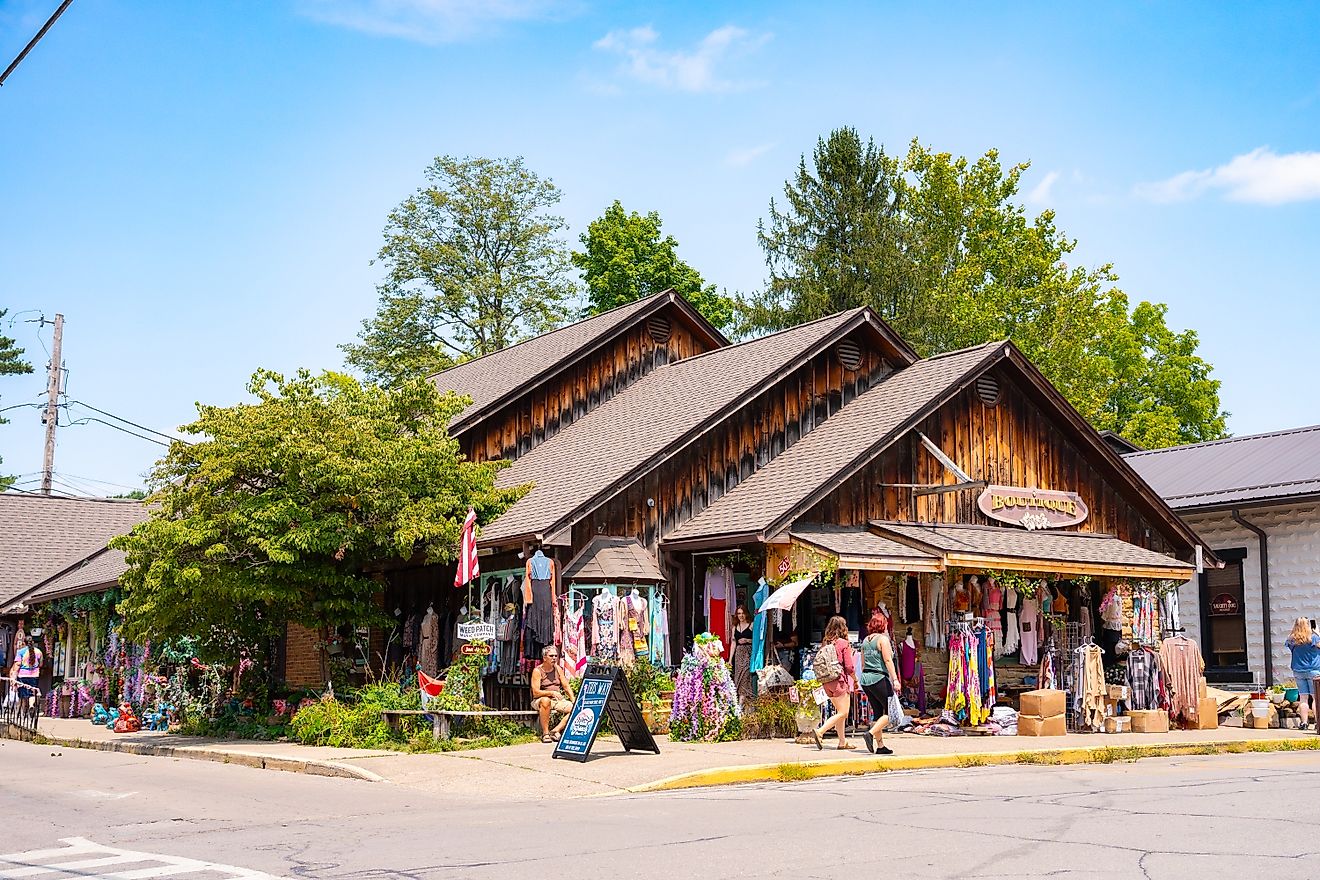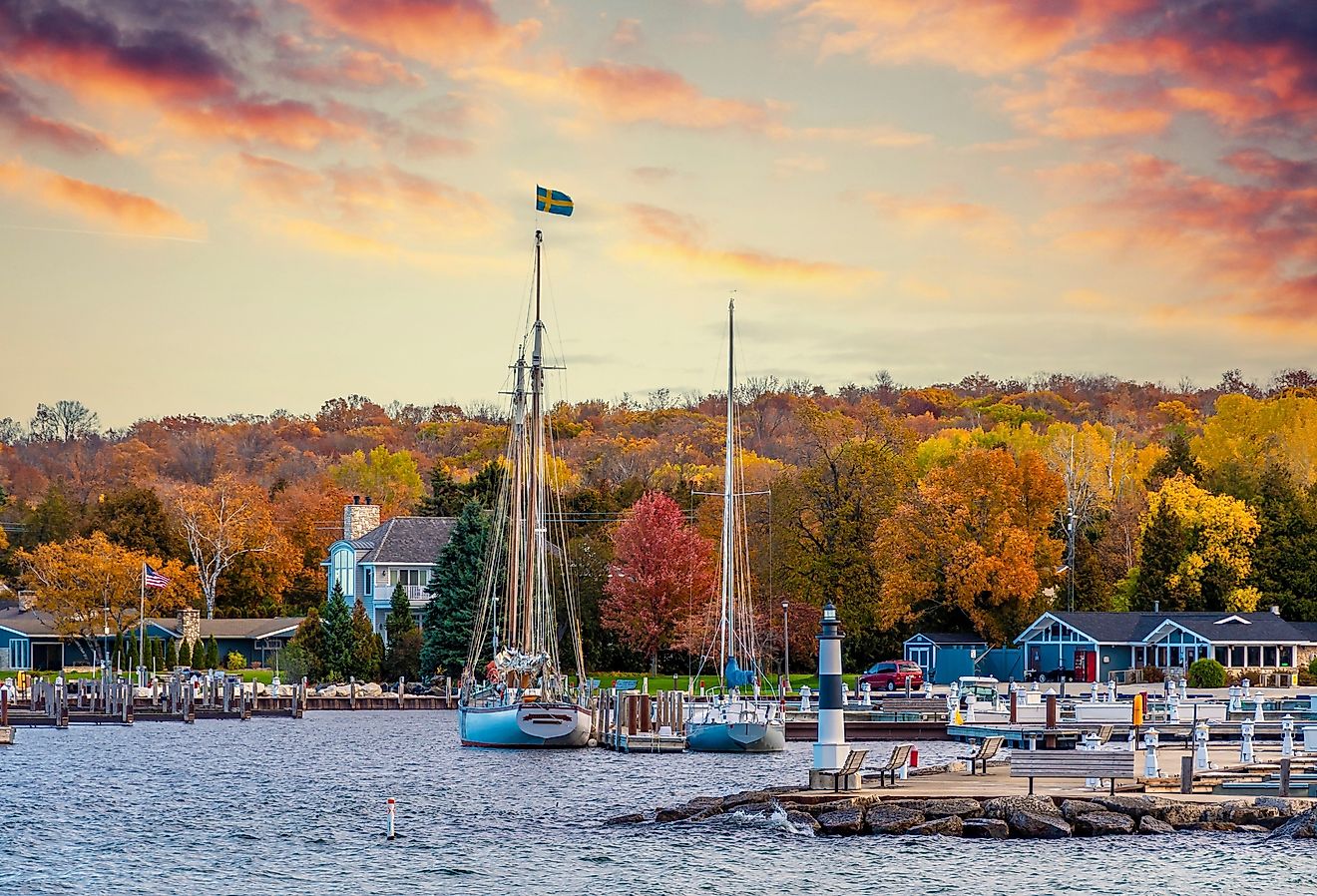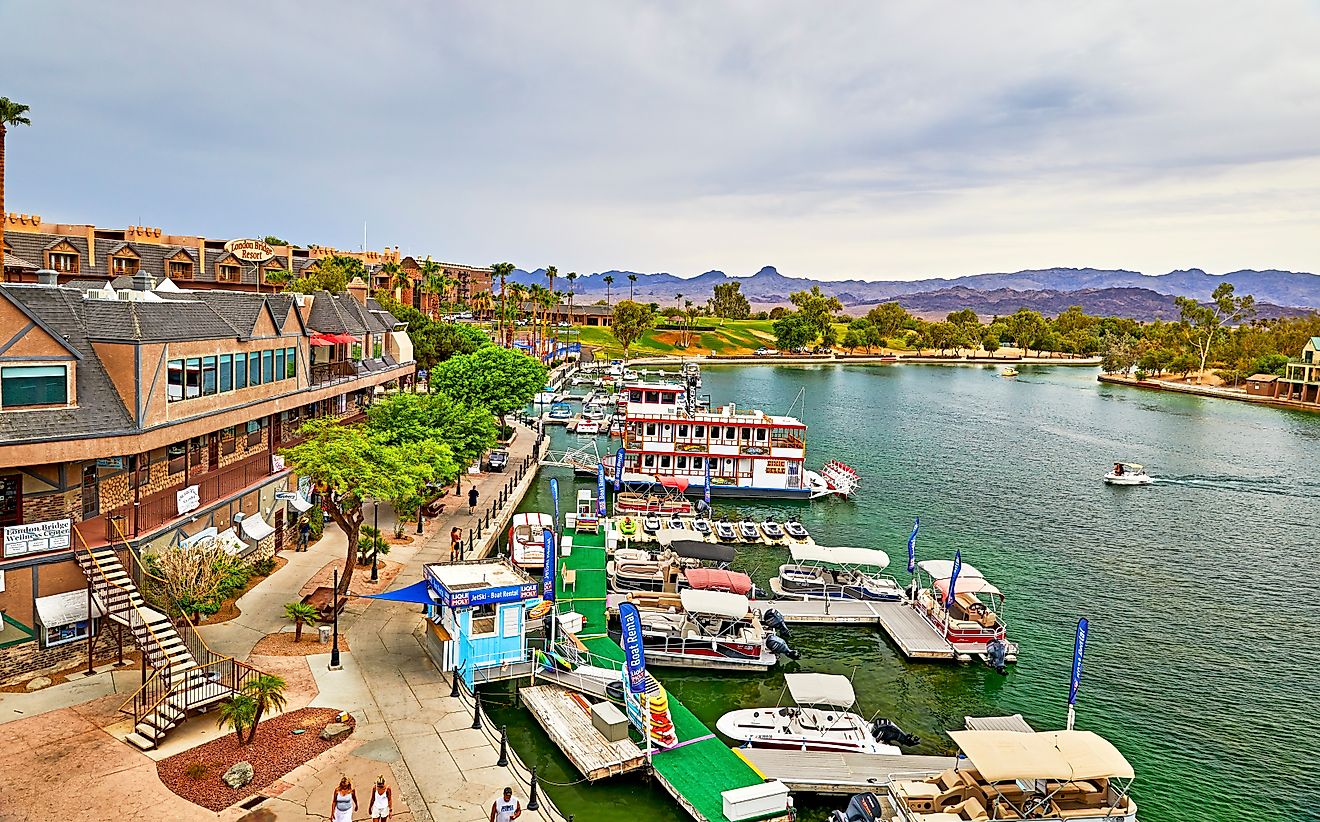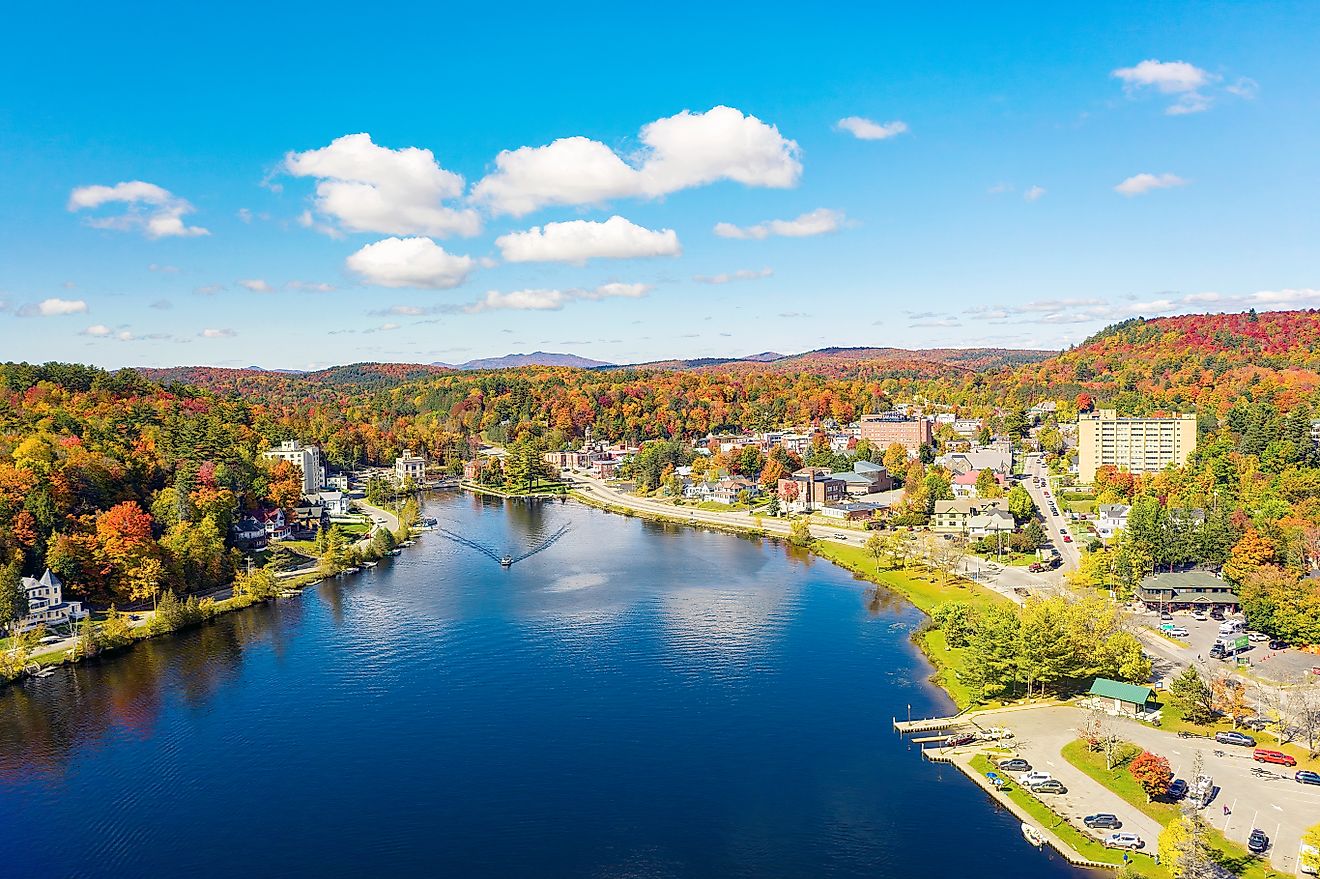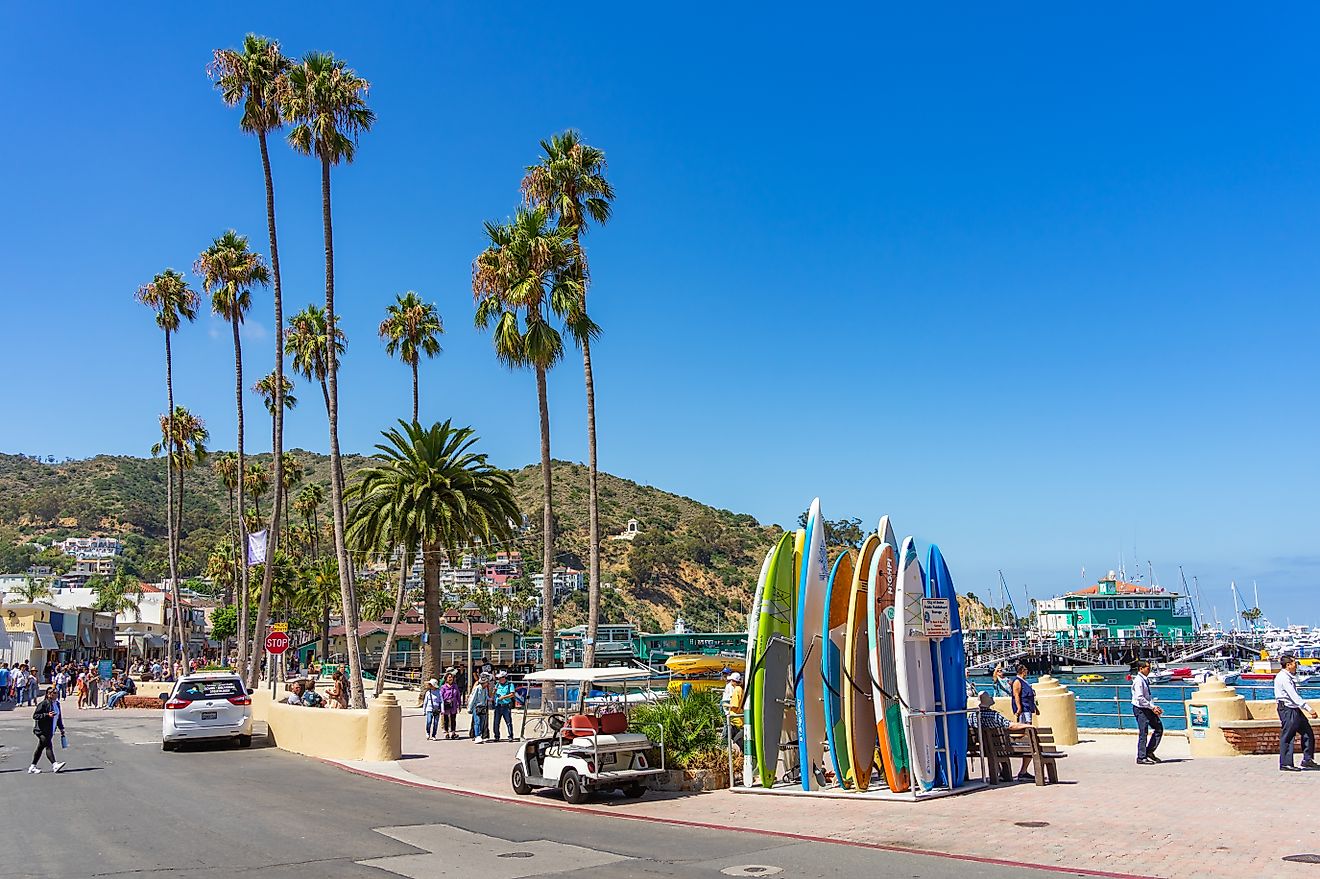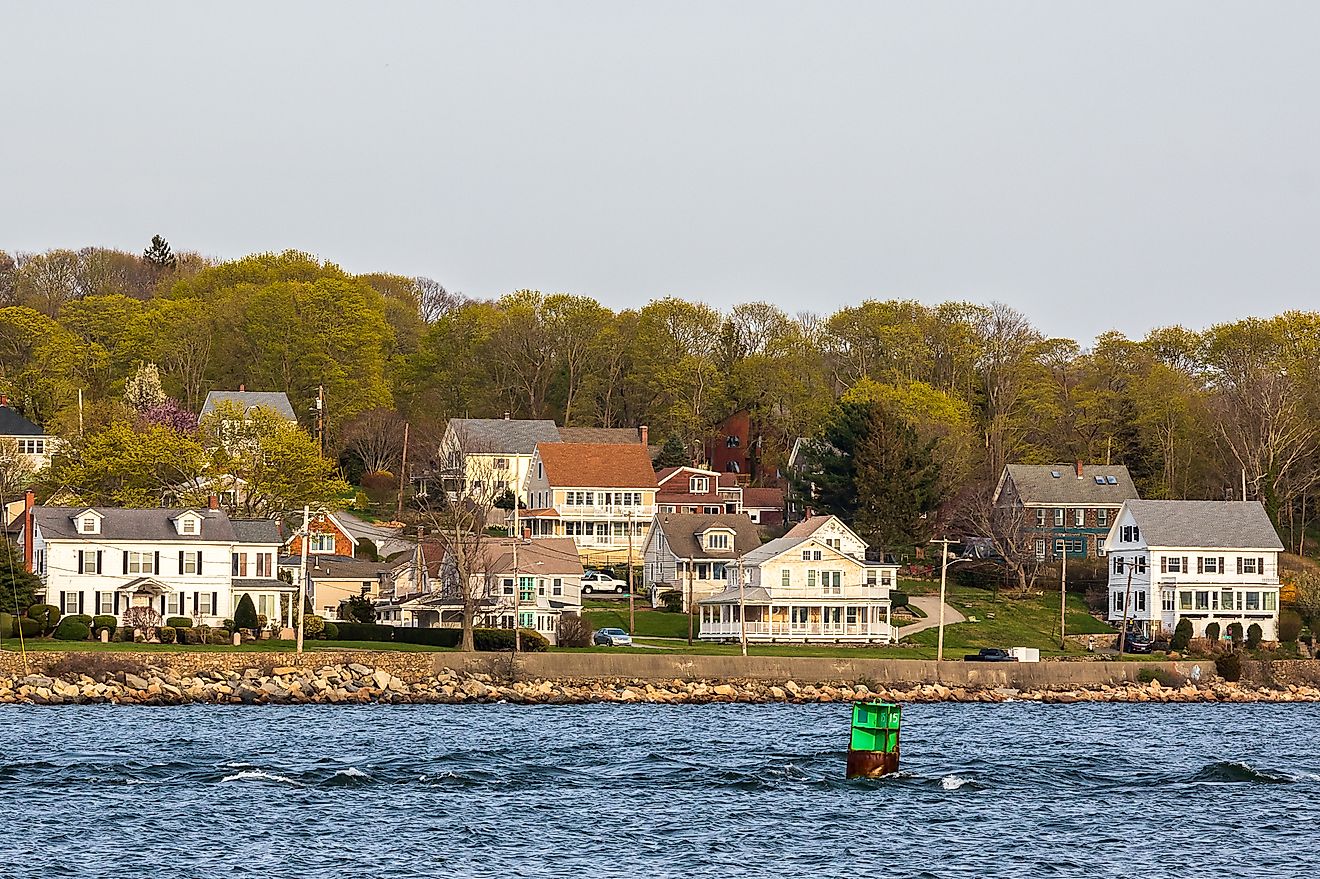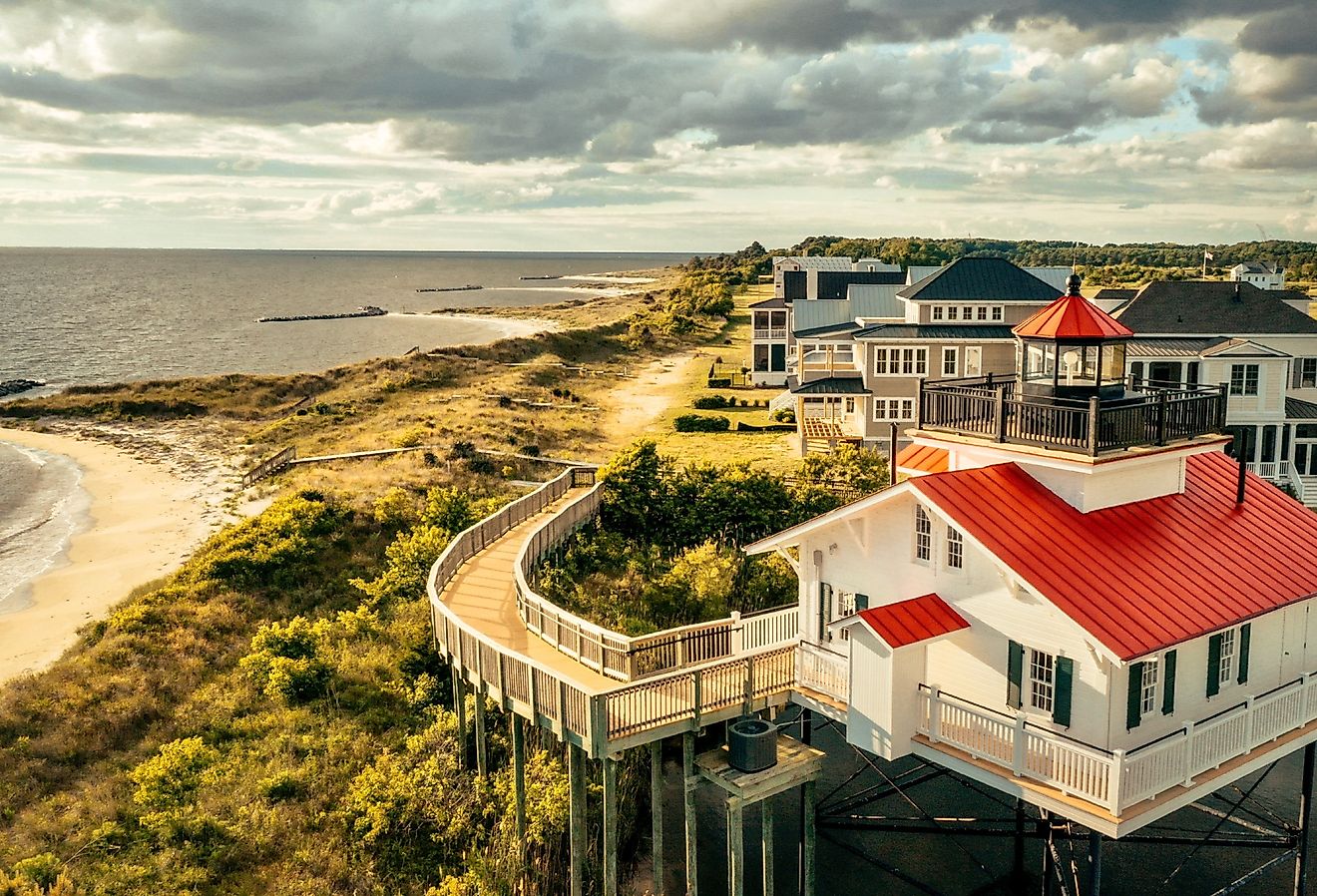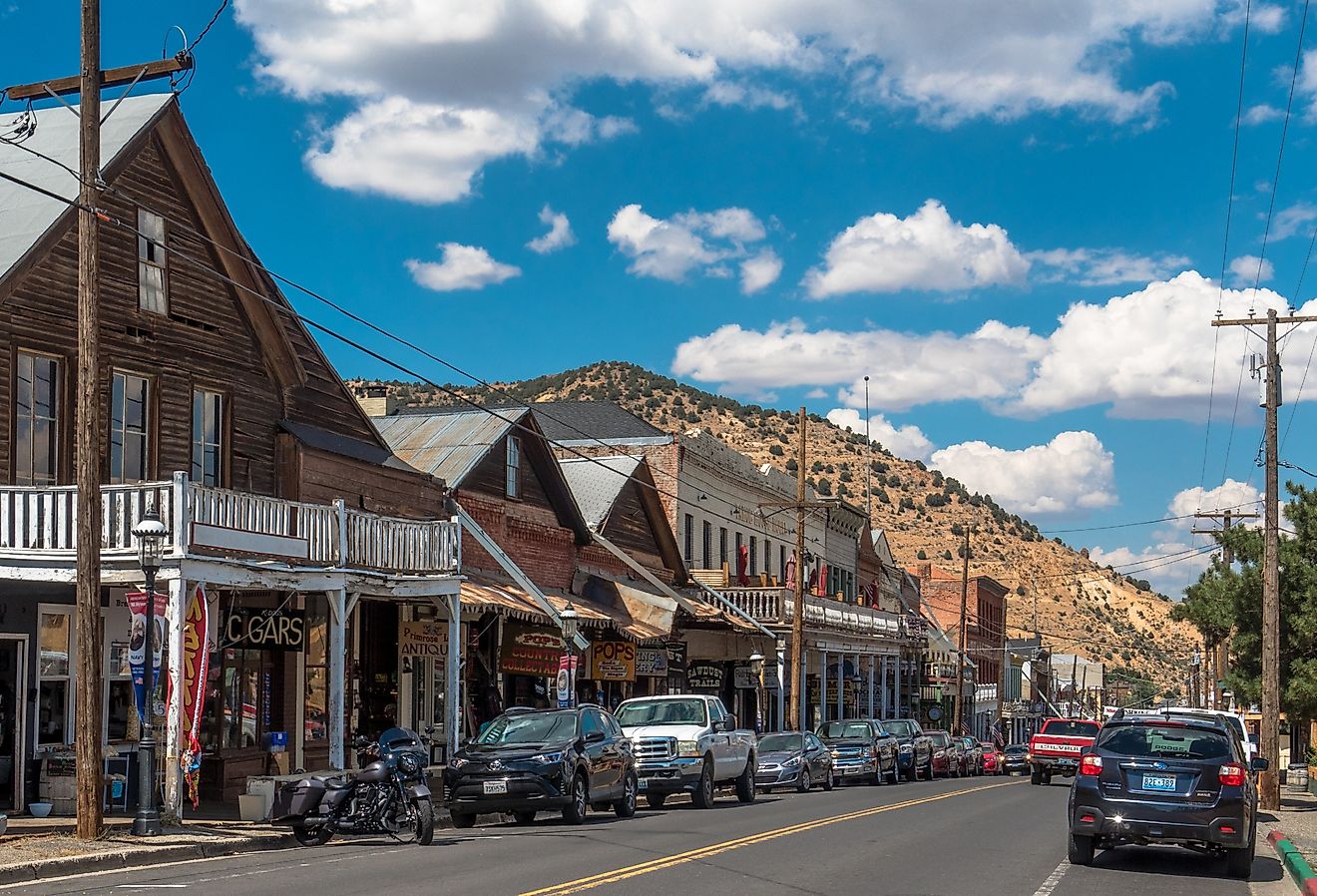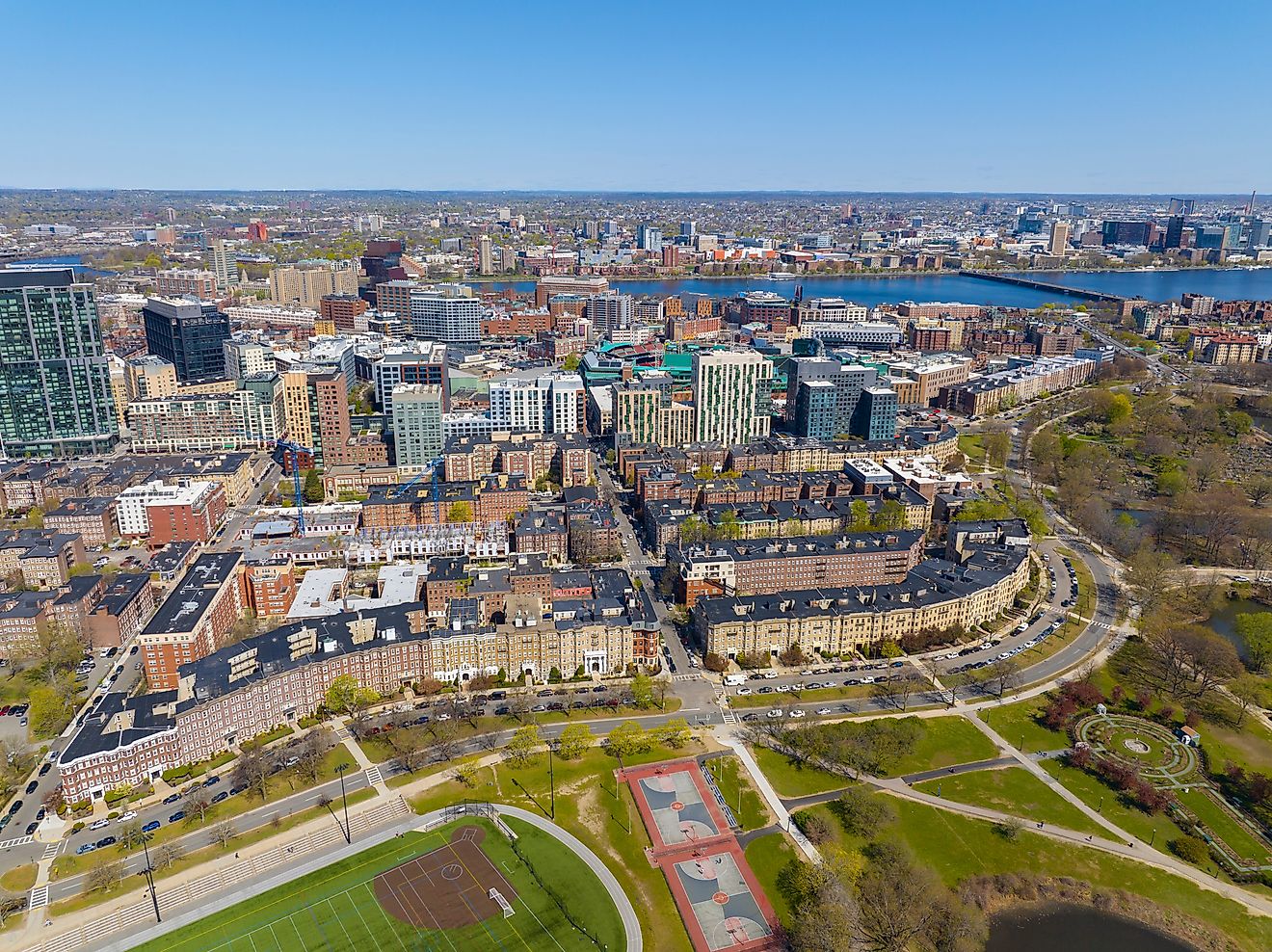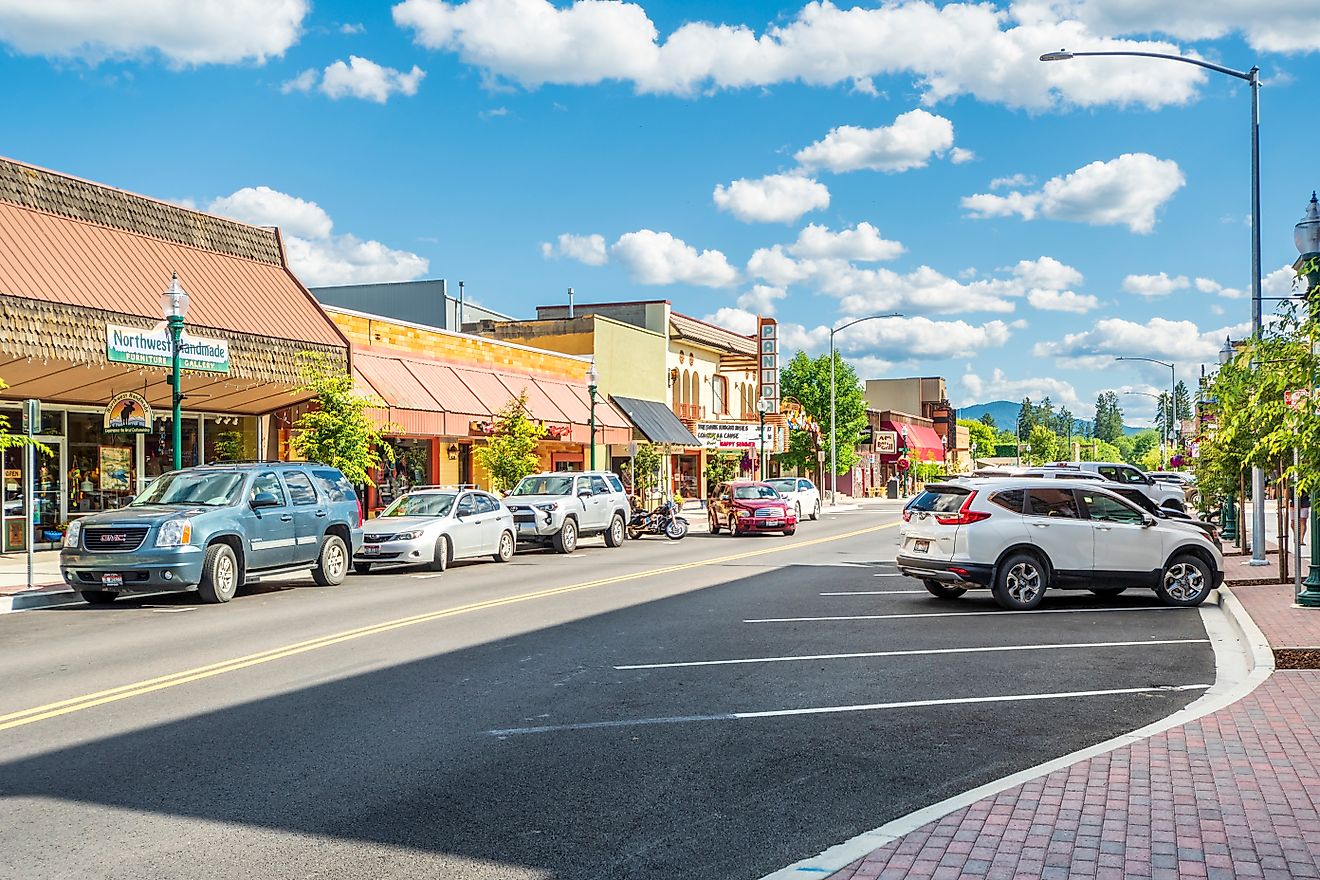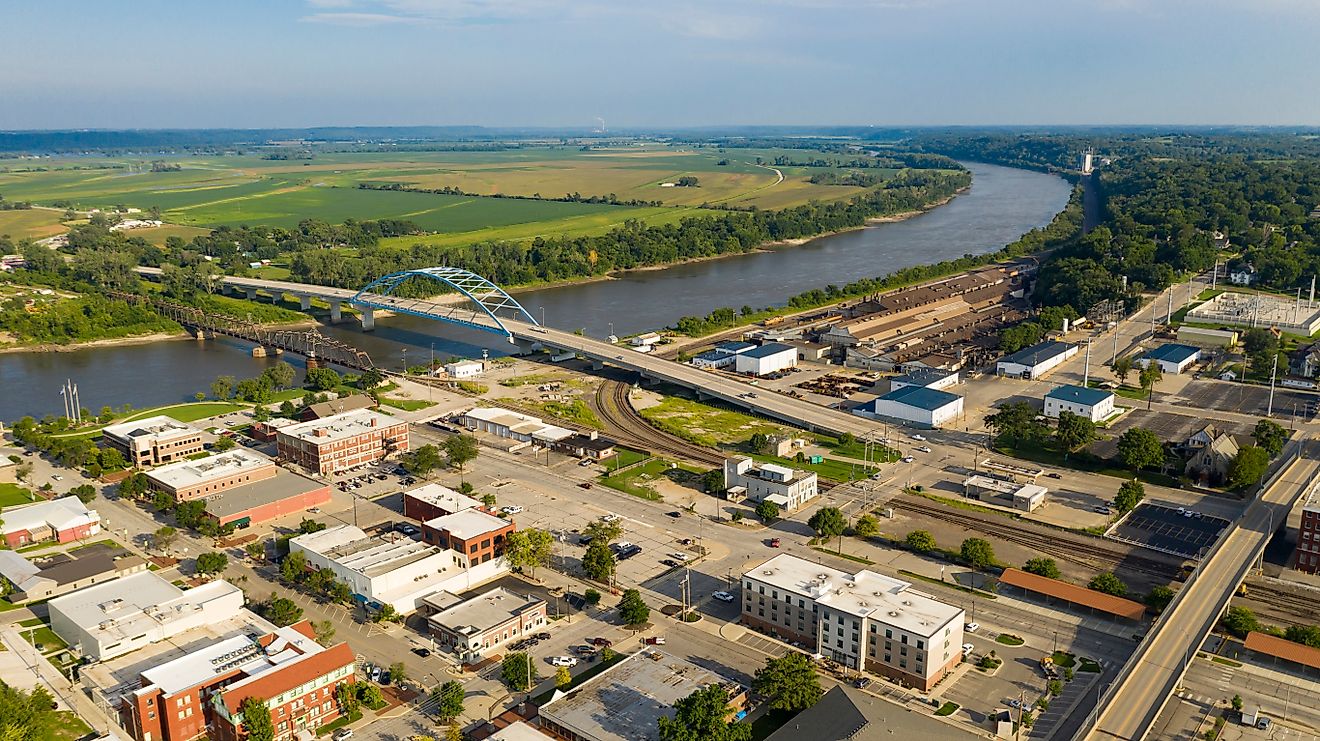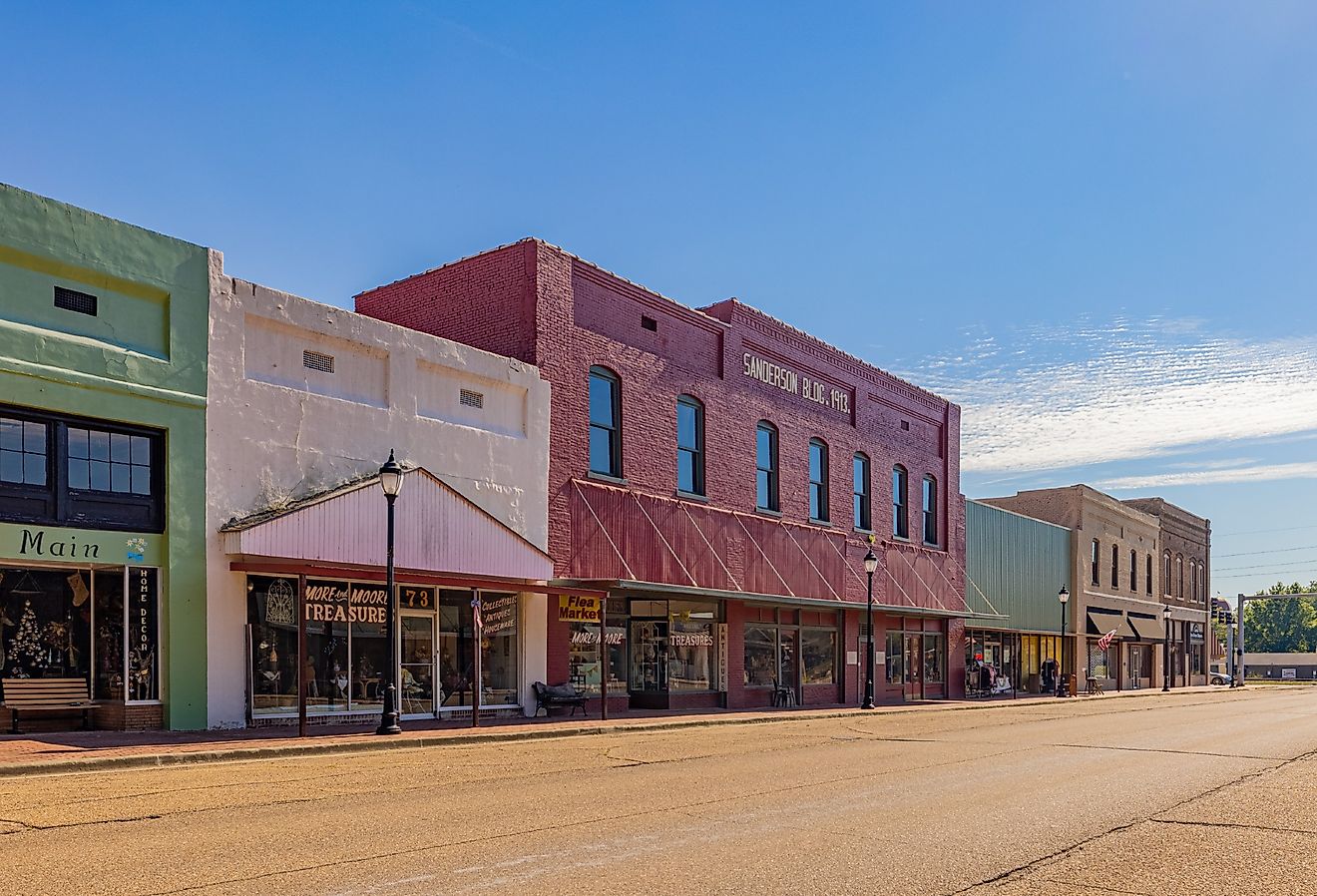
Bradenton, Florida
Officially “The Friendly City,” Bradenton is a vibrant city located along the Gulf Coast in Manatee County in the US State of Florida. Renowned for its history, cultural significance, and tourist scene, Bradenton perseveres as one of Florida’s growing cities.
Geography Of Bradenton

Bradenton is a small city located on Florida’s west coast and south of Tampa Bay. The city lies on US Route 41, between Sarasota and Tampa. Bradenton is separated from the Gulf of Mexico by several barrier islands known as keys. These barrier islands include Longboat Key and Anna Maria Island, which are separated from Bradenton by the Intracoastal Waterway. Situated along the Manatee River’s southern bank, Bradenton serves as the county seat of Manatee County. Bradenton covers a total area of 45.32 sq. km, of which 37.13 sq. km is occupied by land, and 8.19 sq. km is covered by water.
Climate Of Bradenton
This Floridian city has a humid subtropical climate and experiences hot, humid summers and mild winters. Bradenton’s oppressive and muggy summer season lasts from June to September. Despite an average high of 89°F during the year’s hottest month of August, the city’s high humidity levels can result in perceived temperatures as high as 104°F. Thunderstorms are an especially common occurrence during the summer months, with thunderstorms breaking out almost every day. Rainfall is abundant during the summer period, with Bradenton reporting an average of 49.1 inches of precipitation annually.
On the other hand, Bradenton experiences a mild and sunny winter period from December to February. Rainfall is rarest during these months. Nevertheless, the winter period produces the year’s coldest temperatures, with January reporting an average low of 53°F and an average high of 71°F, thereby ranking as the year’s coldest month. Hurricanes and other tropical storms may be encountered during the late summer to early autumn period. According to various tourism scores, the best time of year to visit the city is from late February to early May as well as from late October to early December.
History Of Bradenton

The city was founded in the 1840s after Joseph and Hector Braden moved to the area, intending to establish a new sugar plantation in the Manatee River area. However, Hector tragically drowned in 1846. Despite his brother’s untimely demise, Joseph was not discouraged and went on to realize their dream by building the Braden sugar mill close to the point where the Manatee and Braden rivers meet. In addition, Joseph proceeded to use the area’s deeper channel by constructing a pine log pier to ship the processed sugar. By 1851, Joseph had built his plantation home and titled it “Braden Castle,” the remains of which can still be seen today. Yet, due to accumulating debt, Joseph lost his properties in 1857 and moved back to Tallahassee.

Throughout the 1870s, the area witnessed an influx of new residents from Willemsenburg, Fogartyville, and Palma Sola. Due to the growing population, local business owner Major Turner petitioned for and succeeded in establishing a post office and naming the town. Despite early suggestions of naming the city “Bradentown” in honor of Joseph Braden, a misspelling caused the town to be officially titled “Braidentown.” In 1904, the Florida West Shore Railroad was extended across the Manatee River from Palmetto to Bradenton, as the population officially reached 2,000 residents. Continued progress led to the construction of a city hall and courthouse in 1913. Furthermore, the tourism industry boomed to reach an influx of USD 200,000 annually. E. C. Barnes, one of the town’s top local businessmen, pushed toward dropping the “w” from the town’s name in favor of a more cosmopolitan name. In 1924, the state legislature granted the name change, leading to its current name of “Bradenton.”
Population And Economy Of Bradenton

According to the most recent US Census, Bradenton has an estimated population of 57,000 people. Moreover, the city is currently witnessing an annual growth of 1.09% and has grown by 2.21% since the 2010 census. When it comes to the city's racial composition, a majority of 75.6% are White (of which 19.9% are Hispanic), 16.2% are Black or African American, 1.76% are Asian, 3.14% are of other races, and 3.27% belong to two or more races. As for the population's age composition, 24.9% are over 65, 19.9% are under 18, and 6.4% are under the age of 5. The city has a median age of 44.4 years, with an average female age of 47 and an average male age of 40.7 years. Females make up 52.4% of Bradenton's total population.
The city's notably diversified economy includes tourism, manufacturing, food processing, agriculture, seafood production, and shipping. When it comes to the city's manufacturing sector, this includes boats, electrical equipment, and boating equipment. Due to the city's rich history and subtropical climate, it has become a prominent tourist and retirement area. Employment in the city has substantially grown over the years, with employment growing by a rate of 5.07% between the 2018-2019 period alone. Bradenton's median household income lies at USD 62,723. Furthermore, the city has a poverty rate of 13.73%. Regarding property, the city's median house value comes at USD 192,800, and the average monthly rental cost comes at USD 1,158.
Tourist Attractions In Bradenton
South Florida Museum

This historical museum is located just 15 minutes out of downtown Bradenton on the mainland. The museum offers two stories of exhibits, with the first floor displaying a fossil collection of some of Florida’s earliest mammalian and marine species. Also on this floor are findings of Paleoindian archaic and pre-contact cultures. As for the museum’s second level, visitors can marvel at over 20,000 artifacts from numerous eras. These include textiles, art, minerals, and more from various regions worldwide. In addition, visitors can explore the Bishop Planetarium and even meet Snooty the Manatee, Manatee County’s mascot.
Robinson Nature Preserve

Situated in northwest Bradenton, the Robinson Nature Preserve is a delicate landscape off the edge of the Gulf of Mexico. This 682-acre preserve consists of tidal marshes and mangroves. Yet, one of the preserve’s more prominent features are the former agricultural lands that have been successfully transformed into coastal wetland habitats. Such ecosystems offer habitats for a variety of Florida’s rare species. These include bald eagles, roseate spoonbills, white pelicans, wood storks, as well as a plethora of fish and other marine wildlife. Visitors have access to several hiking and nature trails, kayaking trails, wildlife viewing areas, and an observation tower.
De Soto National Memorial Park

This park commemorates the controversial landing of Conquistador Hernando de Soto in Tampa Bay and serves as a reflection and interpretation of the event's significance in shaping American history. With an army of over 600 soldiers, mercenaries, clergy, and craftsmen, the De Soto expedition sought to "conquer, populate, and pacify" the land and access some of the region's renowned gold and treasure deposits. However, this quest ultimately resulted in the four-year-long pillaging and enslavement of the indigenous people of the area. It is considered to be the expedition that permanently altered the face of the American Southeast.
With its especially rich history, Bradenton is a must-visit for any history buff. Yet, the city also has much to offer visitors with other interests, given its vibrant art scene and ecological preserves. Its continued growth emphasizes the need to keep this "Friendly City" on one's radar in the years to come.
